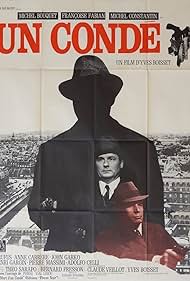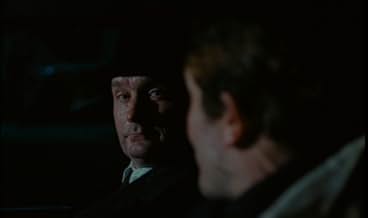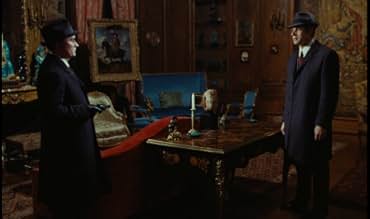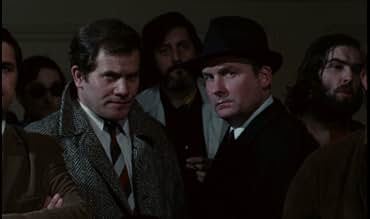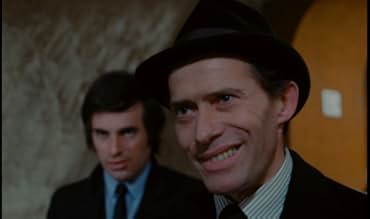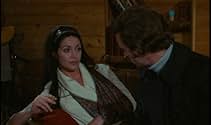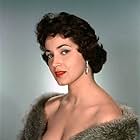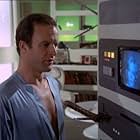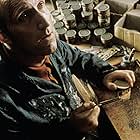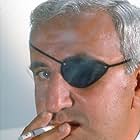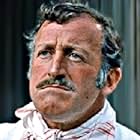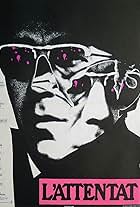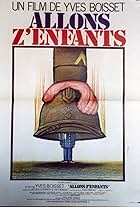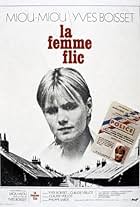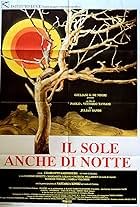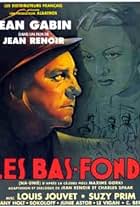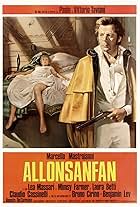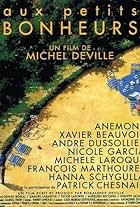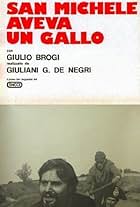Yves Boisset's "Un condé" (from the French slang for cop) is a sort of Gallic "Dirty Harry", a police thriller that raises awkward questions about how far across the line the good guys can step in order to clear up society's mess. Inspector Favenin (Michel Bouquet) undoubtedly goes too far. When his idealistic but ineffectual partner is killed pursuing the culprits of a gang revenge attack (a pursuit instigated by Favenin himself), the embittered cop, realising that conventional police methods won't work, takes matters into his own hands.
At first, it's hard to resist cheering as he takes on the worst of the gang thugs using their own methods. But when his ruthless pursuit for revenge starts to impinge on the more sympathetic characters in the story, including an essentially decent man who gets beaten up in front of his young son, we are forced to question where our sympathies lie.
Boisset's functional, low-key direction, while lacking the stylistic flamboyance of Melville, serves the story well, and makes the frequent outbursts of violence all the more shocking. Bouquet is well-cast as the soft-spoken, solitary, buttoned-up and near-psychopathic Favenin, a more complex (and scarier because unpredictable) character than Eastwood's Harry Callahan. Whereas in "Dirty Harry" the hero's methods are questionable but his goals are morally correct, Favenin clearly has more personal motives that are not necessarily consistent with the public good. Even so, his pragmatic boss is willing to overlook his actions provided they can be covered up.
In a minor role, Michel Constantin, a stalwart of many French gangster movies, gives one of his best performances here as a fatalistic hired gun; his confrontation with Favenin is a highlight of the film.
